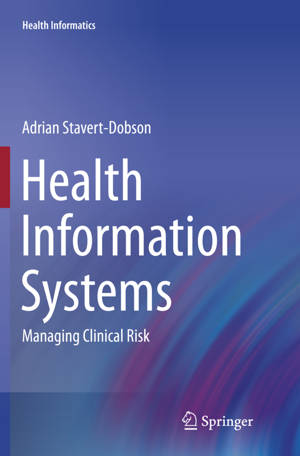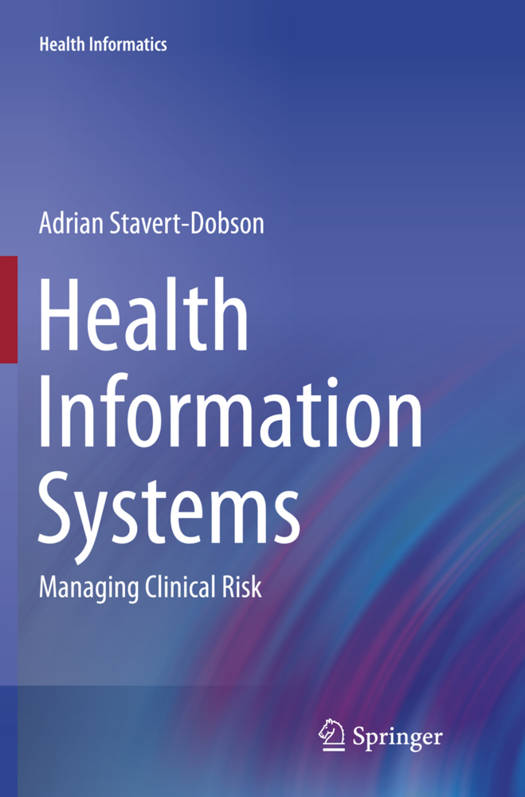
- Retrait gratuit dans votre magasin Club
- 7.000.000 titres dans notre catalogue
- Payer en toute sécurité
- Toujours un magasin près de chez vous
- Retrait gratuit dans votre magasin Club
- 7.000.0000 titres dans notre catalogue
- Payer en toute sécurité
- Toujours un magasin près de chez vous
Description
This is a practical book for health and IT professionals who need to ensure that patient safety is prioritized in the design and implementation of clinical information technology.
Healthcare professionals are increasingly reliant on information technology to deliver care and inform their clinical decision making. Health IT provides enormous benefits in efficiency, communication and decision making. However a number of high-profile UK and US studies have concluded that when Health IT is poorly designed or sub-optimally implemented then patient safety can be compromised.
Manufacturers and healthcare organizations are increasingly required to demonstrate that their Health IT solutions are proactively assured. Surprisingly the majority of systems are not subject to regulation so there is little in the way of practical guidance as to how risk management can be achieved. The book fills that gap.
The author, a doctor and IT professional, harnesses his two decades ofexperience to characterize the hazards that health technology can introduce. Risk can never be eliminated but by drawing on lessons from other safety-critical industries the book systematically sets out how clinical risk can be strategically controlled. The book proposes the employment of a Safety Case to articulate and justify residual risk so that not only is risk proactively managed but it is seen to be managed. These simple techniques drive product quality and allow a technology's benefits to be realized without compromising patient safety.
Spécifications
Parties prenantes
- Auteur(s) :
- Editeur:
Contenu
- Nombre de pages :
- 305
- Langue:
- Anglais
- Collection :
Caractéristiques
- EAN:
- 9783319799803
- Date de parution :
- 30-03-18
- Format:
- Livre broché
- Format numérique:
- Trade paperback (VS)
- Dimensions :
- 156 mm x 234 mm
- Poids :
- 453 g

Les avis
Nous publions uniquement les avis qui respectent les conditions requises. Consultez nos conditions pour les avis.






